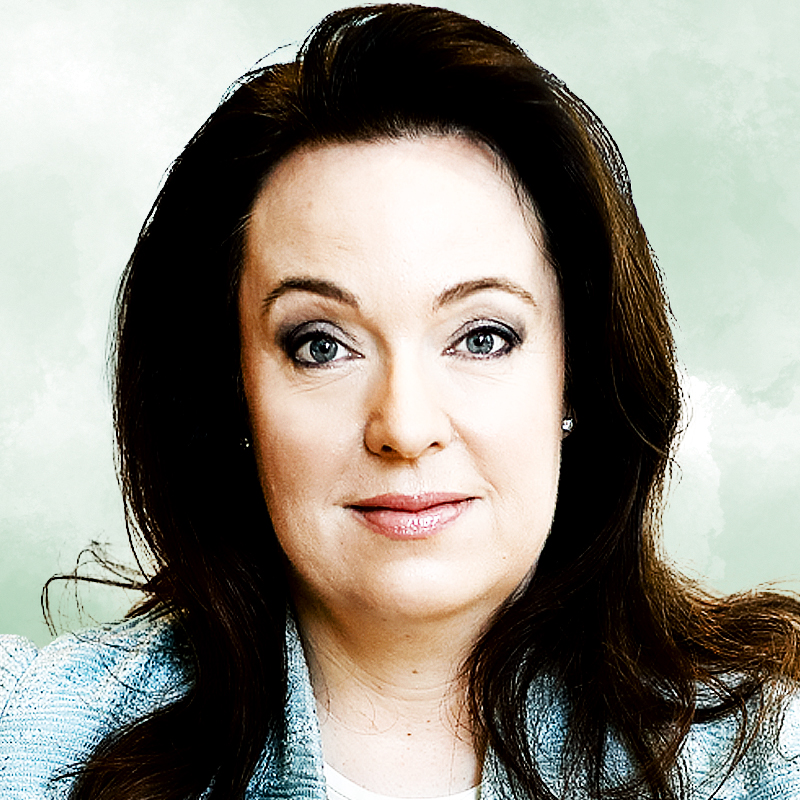Anna Borg is the president and CEO of Vattenfall, one of Europe’s largest producers and retailers of electricity and heat. Vattenfall has one of the cleanest electricity mixes of any European utility, and aims to phase-out coal by 2030 and reach net-zero emissions by 2040. In 2023, the company started operating Hollandse Kust Zuid, the world’s largest subsidy-free offshore wind farm. This year it also began construction of Germany’s largest agrivoltaics project.
What is the single most important action you think the public, or a specific company or government, needs to take in the next year to advance the climate agenda?
I am convinced that it is possible to live a modern, comfortable life with an acceptable sustainability footprint, when we take on the climate challenge together. This means: a common understanding of the urgency, the challenge, and the business opportunities. Industries have started the transformation a long time ago. Driven by national climate goals, customer demand, and [trying] to simply stay competitive they are in many regards running faster than politics. Vattenfall is aiming for net zero in our full value chain by 2040, which means both eliminating our own emissions as well as helping other sectors, our partners, and customers do the same. It’s a tough challenge I would encourage more companies to take on.
What sustainability effort do you hope will gain popularity with the general public this year, and why?
Broadly speaking, most of us have acknowledged climate change. The question today is, Are we willing to accept the consequences of tackling climate change? The energy transition will be the biggest transformation of our societies since the Industrial Revolution. Phasing out fossil fuels from energy production, industries, and transportation will require more fossil-free energy and an expansion of the electricity grid, at a pace we haven’t seen before. This cannot be done unnoticed: it will be visible, it will change landscapes, it will impact us as a society. We want to make this transition a positive journey towards fossil freedom.
What is a climate technology that isn’t getting the attention or funding it deserves?
Technologies we already know today are enough to take us where we need to be but there are two main challenges. First, to mature some technologies that are not as widely deployed as they will need to be in order to be able to phase out fossil fuels in time. Photovoltaics, wind, and batteries are maturing quickly but hydrogen production, hydrogen storage, and new nuclear are examples of technologies that need more attention. Second, building new value chains of these technologies can replace fossil fuels in basically all applications but [doing so] is complex. Focusing more on the demand for fossil free solutions will help create pull effects that can amplify the transition to fossil free materials, food, and all other things we need.
- What Student Photojournalists Saw at the Campus Protests
- How Far Trump Would Go
- Why Maternity Care Is Underpaid
- Saving Seconds Is Better Than Hours
- Why Your Breakfast Should Start with a Vegetable
- Welcome to the Golden Age of Ryan Gosling
- The 100 Most Influential People of 2024
- Want Weekly Recs on What to Watch, Read, and More? Sign Up for Worth Your Time
